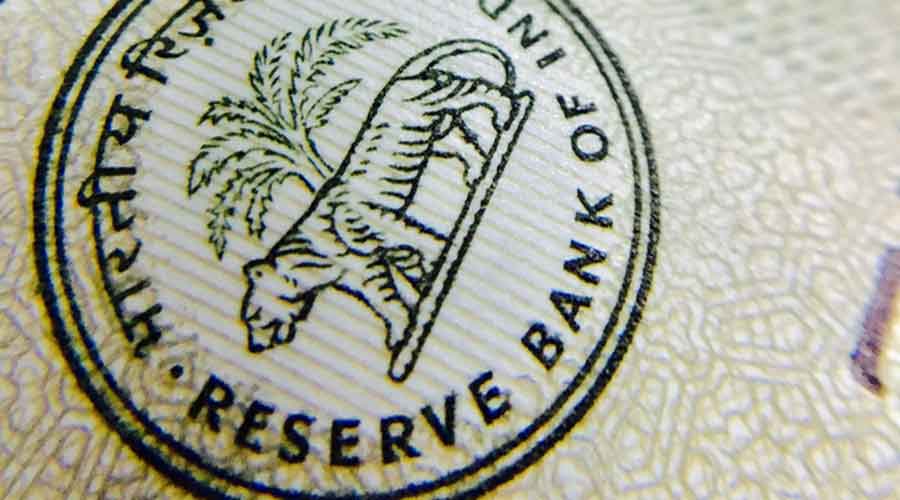The Reserve Bank of India on Thursday came up with a new scheme for co-lending, which allows banks and NBFCs to jointly provide loans in the priority sector. The rules replace the earlier norms framed two years ago.
Banks are permitted to co-lend with all registered NBFCs, including housing finance companies, based on a prior agreement. The earlier scheme was limited to NBFCs-non-deposit taking-systemically important (NBFC-ND-SIs).
The RBI said NBFCs shall now be required to retain a minimum 20 per cent share of the individual loans on their books. Banks and NBFCs shall prepare board-approved policies for co-lending and place them on their websites.
A “master agreement” may be inked between the two partner institutions which shall include the terms and conditions of the arrangement, the criteria for the selection of the partner institutions, the specific product lines and the areas of operation, along with provisions related to the segregation of responsibilities as well as customer interface and protection issues.
The RBI notification further said that NBFCs will be the single point of interface with the customers and shall enter into a loan agreement with them. The agreement should clearly contain the features of the arrangement and the roles and responsibilities of the non-banks and banks.
The ultimate borrower may be charged an all-inclusive interest rate as may be agreed upon by both the lenders.










